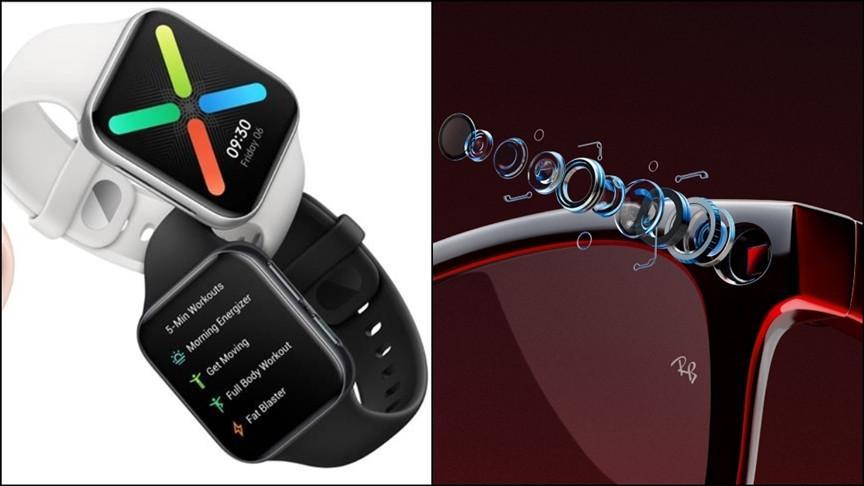
In just 15 years, social media has reshaped our lives, but the platforms we once considered social are becoming increasingly disconnected. It's hard to believe that Facebook, the giant that began the social media revolution, has only been a part of our lives for a decade and a half. Yet, it's not the platforms themselves but the smartphones we carry that have truly transformed the way we interact online. Now, a new wave of technological change is emerging one that promises to reshape social media as we know it. This transformation comes in the form of wearable technology, specifically through smart glasses, and the integration of Extended Reality (XR).
Beyond virtual reality (VR) headsets, which already offer immersive digital experiences, smart glasses represent a leap forward. These glasses serve as multipurpose devices, capable not only of augmenting reality(AR) but also of enhancing social media through advanced filters and gamification techniques. The idea is that these glasses will evolve social platforms, adding layers of interaction and engagement that current technologies lack.
In 2016, Snapchat famously turned down a $3.9 billion acquisition offer from Facebook (then Meta), and it's clear now that the company’s bet on survival has paid off. Its Spectacles, a pair of smart glasses designed specifically for content creators, are the first example of XR technology gaining mainstream traction. Snapchat’s founder, Evan Spiegel, claims these glasses are the most unique technology on the market right now.
Meanwhile, Meta, the company formerly known as Facebook, has also invested heavily in augmented reality (AR) glasses, most notably through its partnership with Ray-Ban. These AR glasses integrate artificial intelligence, offering users the ability to navigate the digital world in new ways. Mark Zuckerberg, Meta’s founder, has criticized Apple for lagging behind in innovation, accusing the tech giant of failing to push forward with anything truly groundbreaking.
However, it is Apple’s recent entry into the XR market that might represent the most significant shift in the industry. Although the initial launch of Apple’s Vision Pro glasses received mixed reviews, CEO Tim Cook recently announced significant strides in the AR space, signaling that the company is ready to make its mark in the wearable tech market.
This shift marks the beginning of what is bound to be a radical transformation in social media. The days of static posts and repeating videos are numbered. Platforms like Snapchat, which have already pioneered new forms of interaction with their experience filters, are likely to lead the charge in this new digital era. Meta’s own MetaSpark application, along with other emerging platforms, is already experimenting with new ways to blend the digital and physical worlds.
The future of social media is no longer limited to the digital realm. Instead, we are about to enter the age of “phygital," a fusion of the physical and digital, propelled by XR technologies. It’s clear that the social media industry is on the brink of a revolution, and it’s only a matter of time before our online experiences become as immersive and interactive as the world around us.
*Orkun Bulut, Digital Nomad